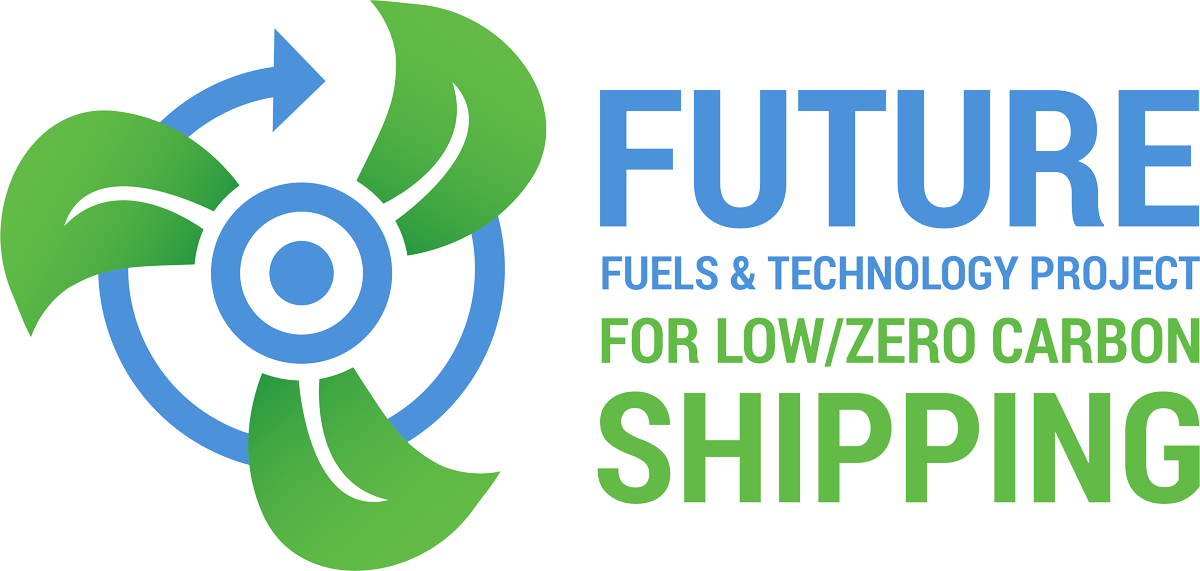To analyze the current state of the shipping industry’s carbon emission reduction transition and the prospects for new technologies and stretegies, including ship design and fuel selection, necessary to achieve full net-zero
Publication Type: Report
GHG emissions 2030 in shipping – Analysis of the maximum technical abatement potential
To analyze the greenhouse gas emissions of international shipping based on the fuel life cycle (WtW). The main finding is that global shipping can reduce carbon emissions by half within 10 years with minimal impact on international trade.
According to the report, by 2030, emissions are projected to decrease by 36 to 47 percent compared to 2008 through the use of 5 to 10 percent zero or near-zero fuels, wind assistance technology, and ‘climate optimizing’ of ships.
Oil Analysis & Forecast to 2028
To provides analysis, data, and information on the demand, supply, refining, and logistics distribution of petroleum resources. Based on the current data identified, the paper predicts the demand and supply of fuel oil energy resources on land and at sea until 2028 and provides related information. In addition, the outlook for international petroleum-based energy is analysed based on development information on new and renewable energy produced by region, especially in the Middle East and Asia, including China and India.
Assessing impacts of EU and US policies on accelerated deployment of alternative maritime fuels
To evaluate the impact of policies, analyzing how recent climate policies from the EU and US, specifically the US Inflation Reduction Act and EU ETS along with the FuelEU Maritime Regulation, affect the adoption and deployment of alternative marine fuels.
To identify the investment implications of these policies, focusing on the synergies of the US and EU policies.
To provide actionable insights for stakeholders.
Options for Reducing Methane Emissions from New and Existing LNG-Fueled Ships
To evaluate the effectiveness of various technological and operational measures to reduce methane emissions from LNG-fueled vessels, to assess the current status of LNG engine technology, and finally to provide recommendations for policy changes and technological improvements to mitigate methane emissions from LNG-fueled vessels.
Net zero and UK shipping
To examine the UK Government’s approach and progress towards decarbonizing the shipping sector, including international and domestic shipping, to meet net-zero emission goals, and to recommend necessary steps to ensure that the maritime sector of the UK will contribute to global emissions reductions
Policy Options to Decarbonize Ocean-Going Vessels
To identify policy recommendations for reducing greenhouse gas emissions from ships, addressing both international and local policy frameworks, with the aim of evaluating policy options for decarbonizing ocean-going vessels.
Taking Action on Operational Efficiency (Operational Efficiency Ambition Statement Actions Report)
To analyze the experience and content of 26 shipping companies introducing 70 measures aimed at improving operational efficiency and reducing GHG emissions.
Based on this, in order to improve ship operation efficiency, the report describes key issues and related cases in which interested organizations, such as ship owners, charterers, management companies, ports, and terminals closely related to ship operation, should cooperate with each other.
Safe Bunkers of Biofuels
To ensure the safe biofuel bunkering of ships at ports, the characteristics that may arise in biofuel bunkering are summarized and explained based on the existing regulations and procedures for conventional marine fuel bunkering.
Climate Action in Shipping (Progress Towards Shipping’s 2030 Breakthrough)
To urge further progress through evaluation of the performance of the technology and supply sector, demand sector, finance sector, policy sector and civil society sector in shipping over the past year

